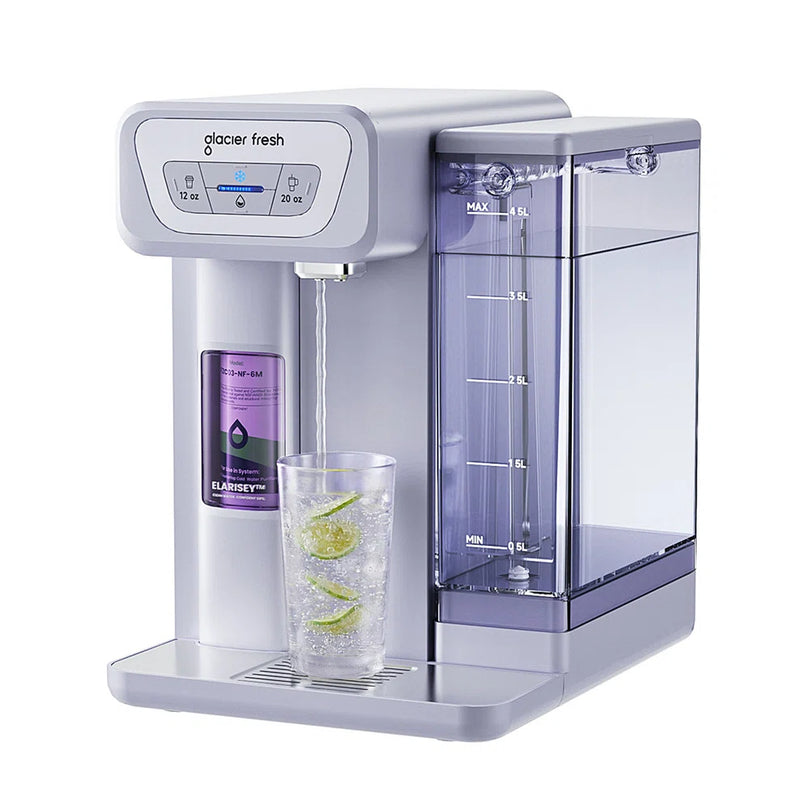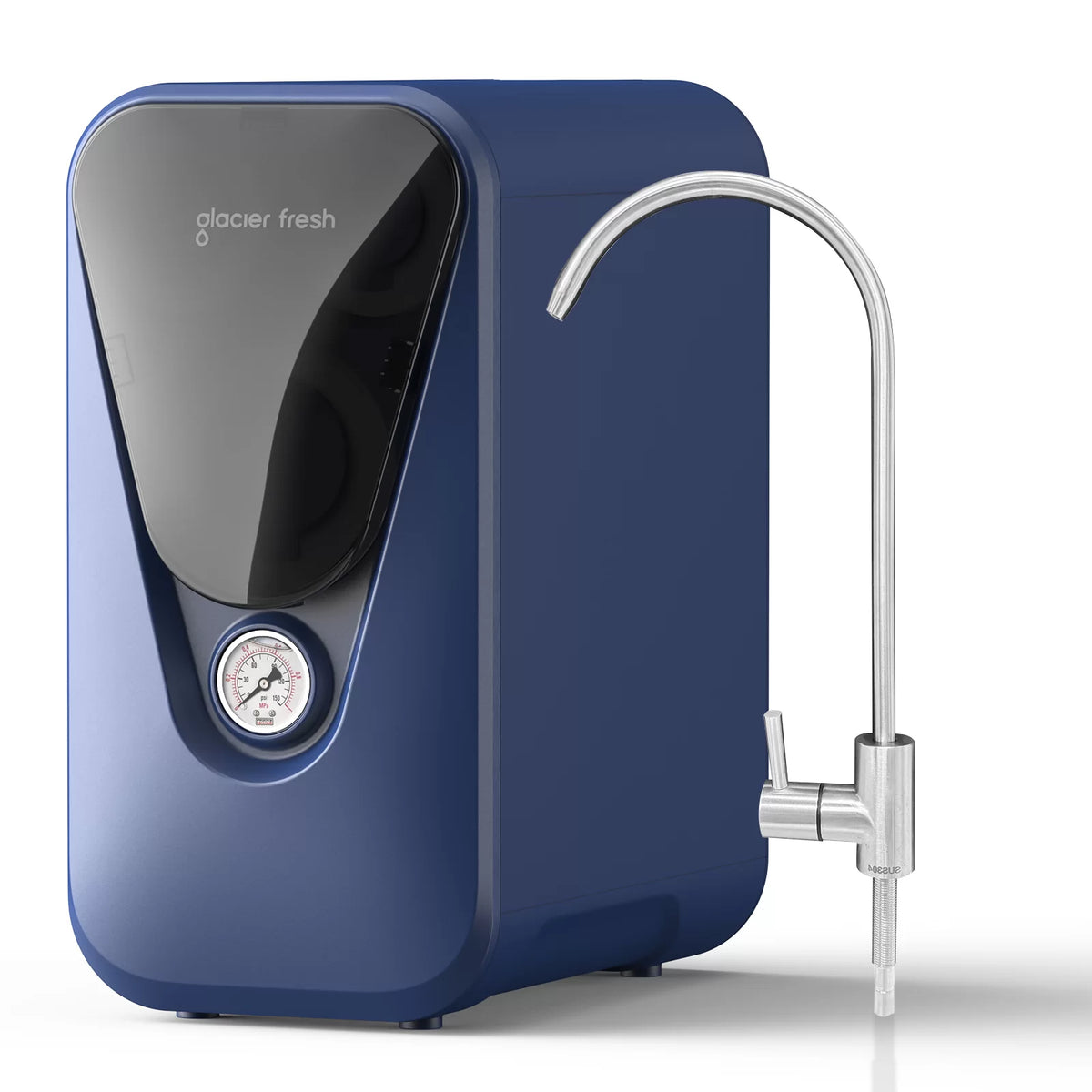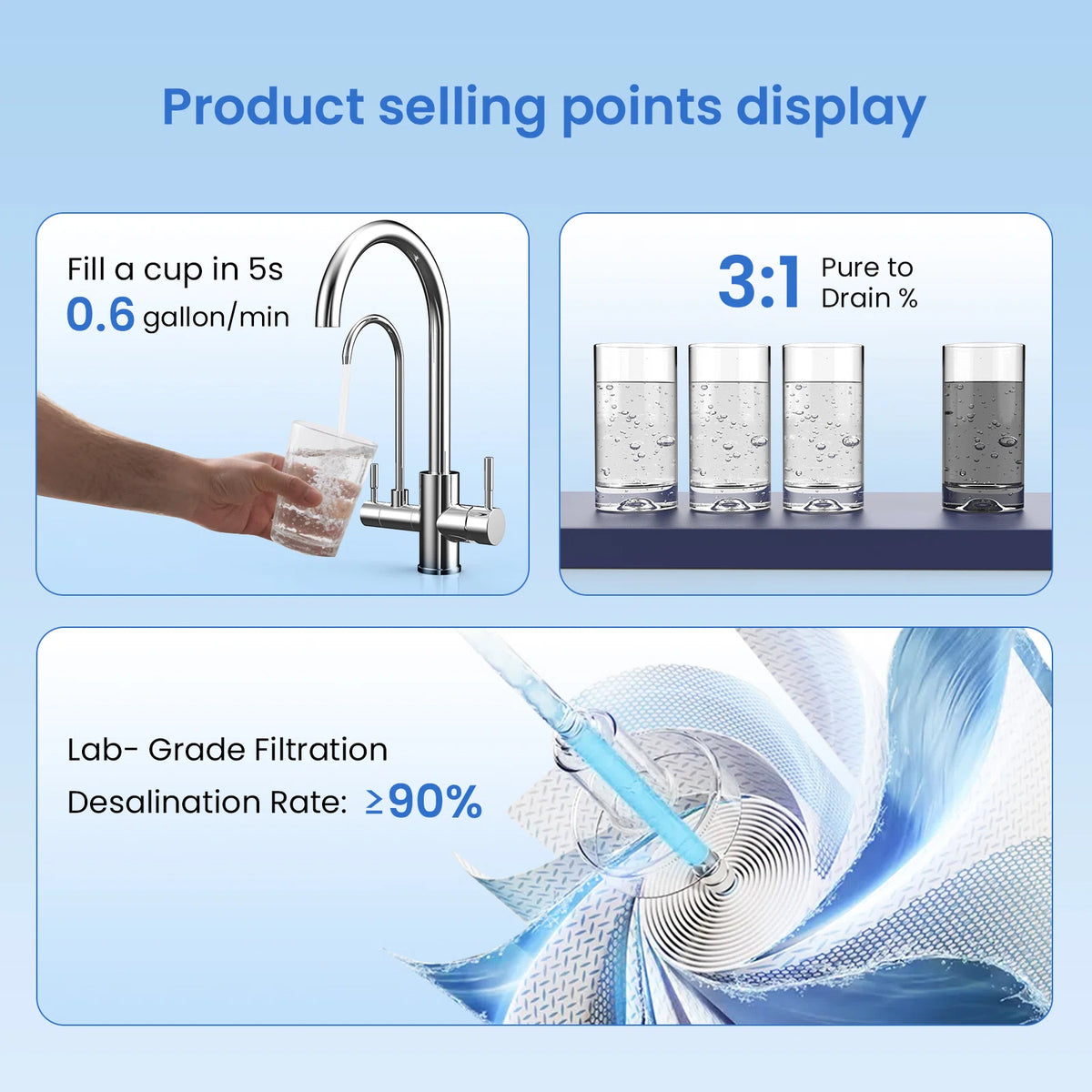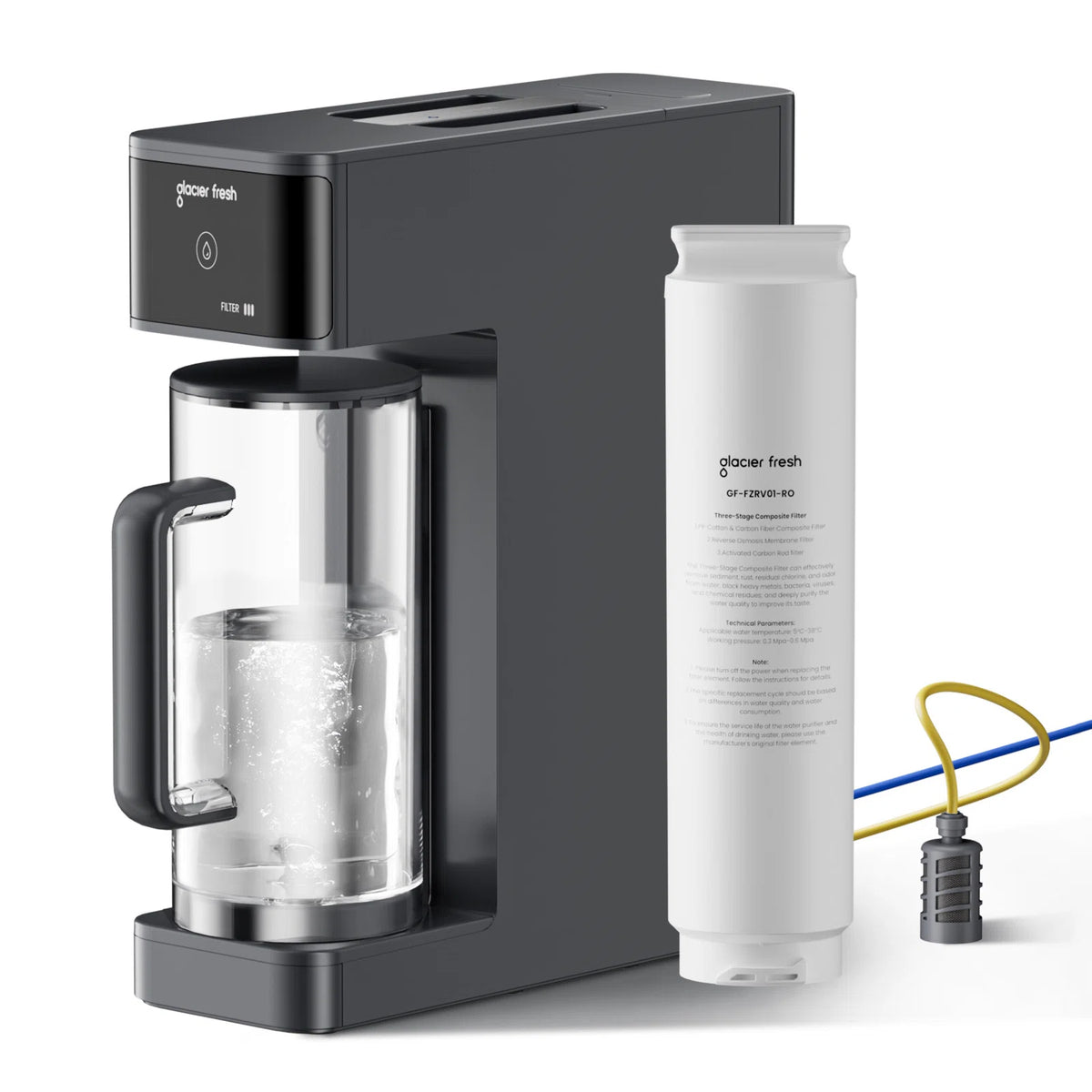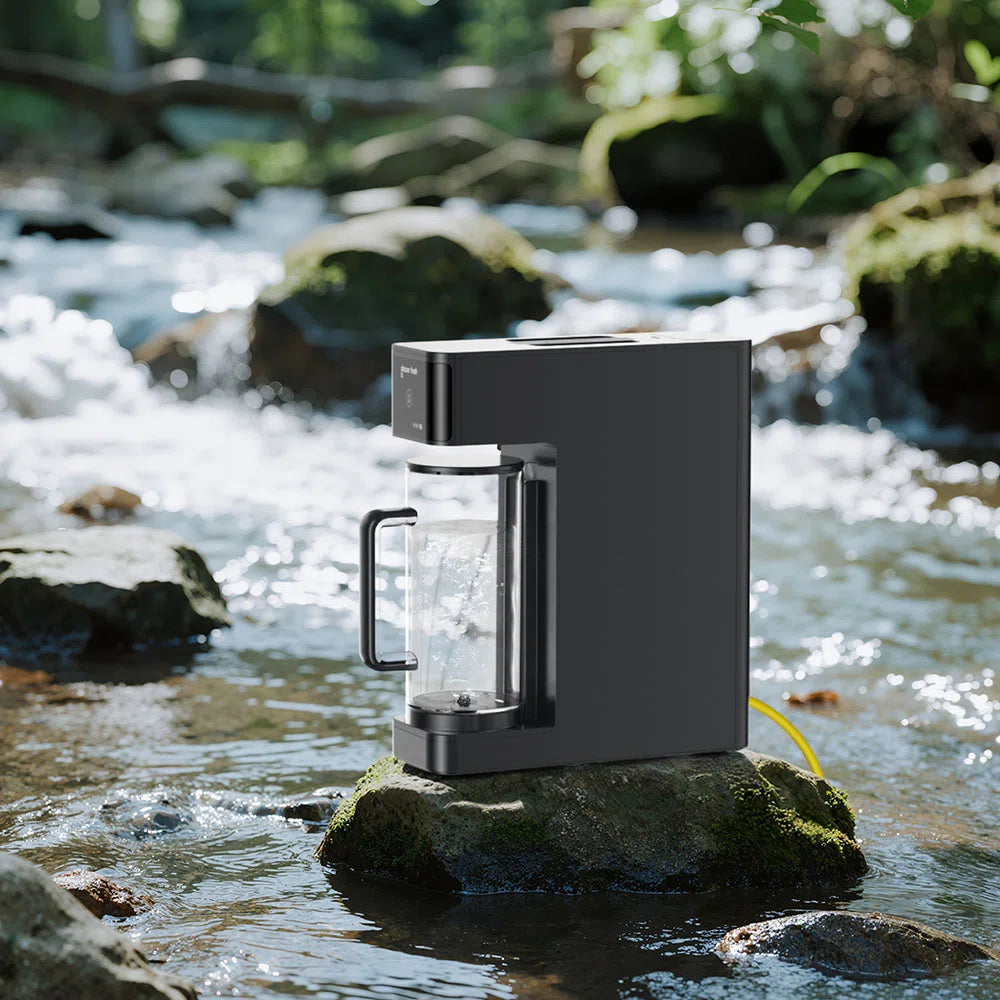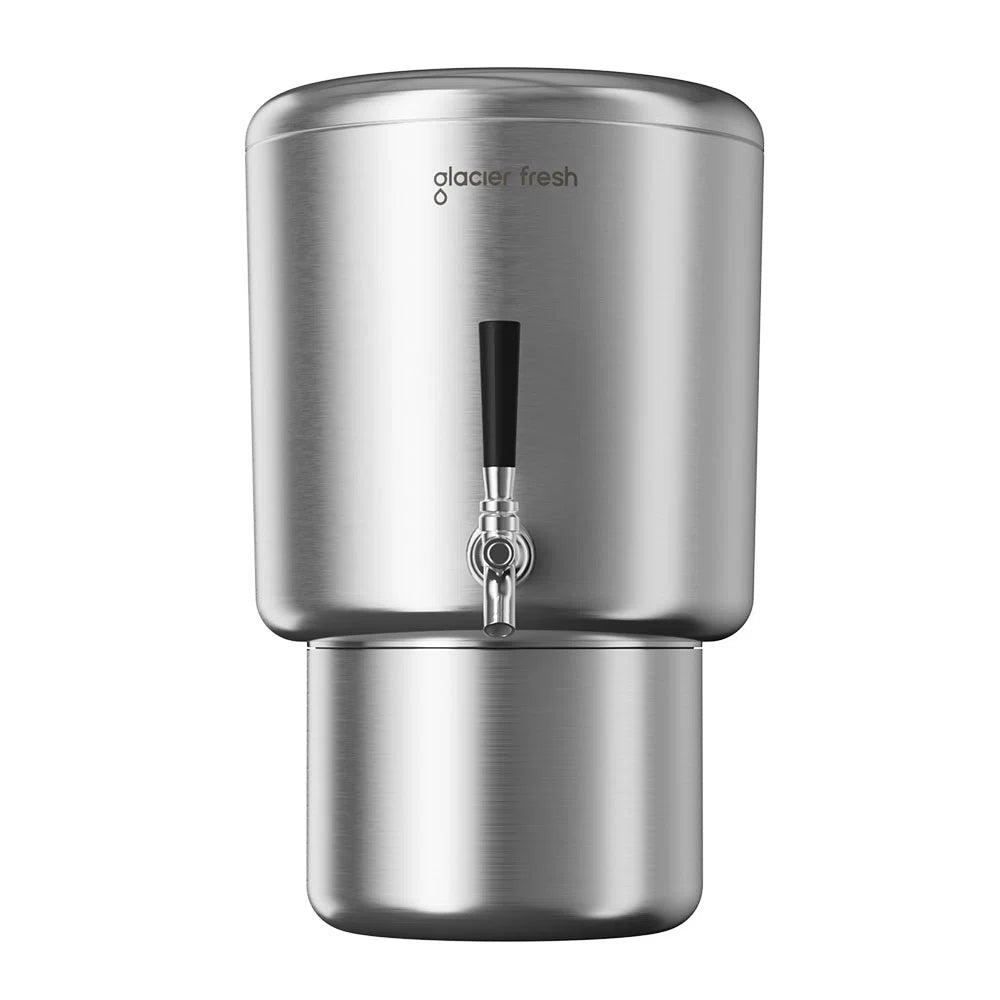Table of Contents:
What is groundwater contamination?
Sources of groundwater contamination
Common contaminants in groundwater
Impacts and risks of groundwater contamination
Importance of effective remediation techniques
Remediation strategies and techniques
What can we do in daily life?
FAQs
Conclusion
Uncover the secrets of groundwater contamination and effective solutions. Stop harmful substances from seeping into water sources by managing waste properly. Prevent contamination by monitoring activities near vulnerable areas actively. Combat sources like industrial pollution, agricultural runoff, and urban development. Deal with common contaminants such as pesticides, nitrates, and heavy metals with advanced filtration systems. Grasp contaminant transport for successful remediation. Learn ways to protect your health and the environment from risks like waterborne diseases and ecosystem degradation. Explore how cutting-edge techniques save time and resources while ensuring groundwater quality. Discover more about safeguarding this essential resource.
What is groundwater contamination?
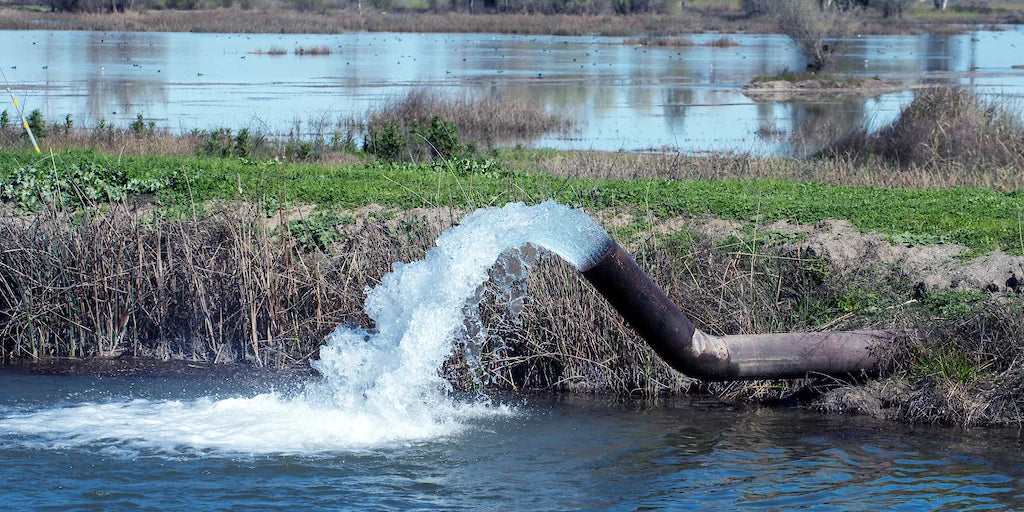
Groundwater contamination occurs when harmful substances seep into underground water sources, posing a risk to human health and the environment. Causes can vary from industrial activities, agricultural practices, improper waste disposal, and leaky underground storage tanks. Prevention is key to safeguarding groundwater quality. Implementing proper waste management procedures, monitoring activities near vulnerable areas, and enforcing regulations are crucial to preventing contamination.
Sources of groundwater contamination
Groundwater contamination frequently originates from various human activities. It stems from the infiltration of harmful substances into underground water sources. Industrial pollution, through the improper disposal of chemicals and waste, significantly contributes to groundwater contamination. The discharge of pollutants from industrial sites can seep into the ground, polluting aquifers and wells.
Agricultural runoff, another source of groundwater contamination, occurs when farm pesticides, fertilizers, and animal waste infiltrate the soil and eventually reach underground water sources. The excessive use of these substances in farming practices can contaminate groundwater reservoirs.
Urban development also plays a role in groundwater contamination. As cities expand, the increase in impervious surfaces like roads and parking lots prevents rainwater from naturally filtering through the soil. This runoff can carry pollutants such as oil, heavy metals, and chemicals into groundwater sources, further exacerbating contamination.
Common contaminants in groundwater
Common contaminants in groundwater include pesticides, nitrates, and heavy metals. These contaminants can pose severe threats to water quality and human health. Understanding the sources and impacts of these pollutants is crucial to effectively addressing groundwater contamination issues.
- Pesticides: Chemicals used in agriculture can leach into groundwater, affecting water quality and posing risks to ecosystems and human consumption.
- Nitrates: Often from fertilizers or septic systems, high nitrate levels in groundwater can lead to health problems such as methemoglobinemia, especially in infants.
- Heavy Metals: Substances like lead, arsenic, and mercury can contaminate groundwater from industrial processes, causing severe health issues upon ingestion.
Various remediation technologies, such as filtration systems and chemical treatments, are employed to combat these contaminants. Understanding contaminant transport mechanisms is essential for implementing effective remediation strategies.
Impacts and risks of groundwater contamination
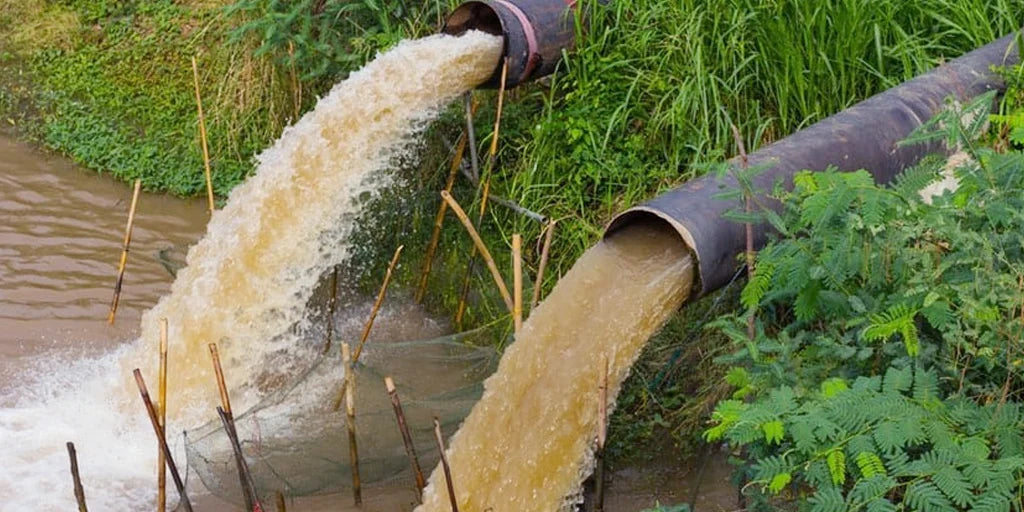
Exposure to contaminants in groundwater can have detrimental effects on both human health and the environment. These impacts and risks are significant and must be addressed promptly.

Importance of effective remediation techniques
To effectively address the impacts and risks of groundwater contamination, it's imperative to highlight the significance of employing efficient remediation techniques. Advanced remediation technologies are crucial for successful contaminant removal and subsequent environmental restoration. Here are five key reasons why effective remediation techniques play a vital role in groundwater contamination management:
- Enhanced Efficiency: Advanced techniques improve the speed and efficiency of contaminant removal processes.
- Cost-Effectiveness: Employing efficient methods can lead to cost savings in the long run by reducing remediation time and resources.
- Minimization of Environmental Impact: Effective techniques help minimize the environmental footprint of remediation activities.
- Long-Term Sustainability: Sustainable remediation technologies ensure that the groundwater is restored to a safe and usable state for the long term.
- Compliance with Regulations: Using proven techniques aids in meeting regulatory requirements and standards for groundwater quality.
Remediation strategies and techniques

To effectively address groundwater contamination, exploring a range of remediation strategies and techniques is imperative. Innovative technologies are crucial in remediation efforts, offering cutting-edge solutions such as nanoremediation, electrokinetic remediation, and phytoremediation. These technologies can effectively target contaminants and sustainably enhance cleanup processes.
Sustainable approaches focus on minimizing environmental impact while achieving remediation goals. Techniques like natural attenuation, bioaugmentation, and permeable reactive barriers exemplify sustainable remediation practices that prioritize long-term environmental health.
Site-specific solutions are tailored to the unique characteristics of each contamination site, considering factors like geology, hydrology, and contaminant type. Customizing remediation strategies to specific site conditions maximizes effectiveness and efficiency. Embracing innovative technologies, sustainable approaches, and site-specific solutions is key to successfully mitigating groundwater contamination and restoring the health of our precious water resources.
What can we do in daily life?

Incorporate eco-friendly habits into your daily routine to contribute to groundwater contamination prevention and conservation efforts. By adopting simple yet effective practices, you can make a significant impact on safeguarding this vital resource.
- Household practices: Implement proper waste disposal methods to prevent harmful chemicals from seeping into the groundwater. Opt for eco-friendly cleaning products and avoid pouring oils or medications down the drain.
- Water conservation: Be mindful of your water usage by fixing leaks promptly, taking shorter showers, and using a dishwasher only when fully loaded. Every drop counts in preserving this precious resource.
- Chemical disposal: Dispose of household chemicals responsibly by following local guidelines for hazardous waste disposal. Avoid dumping paints, solvents, or pesticides where they can infiltrate the ground and contaminate water sources.
- Sustainable living: Embrace a sustainable lifestyle by reducing single-use plastics, recycling diligently, and supporting environmentally conscious brands. Small changes collectively make a big difference.
- Environmental awareness: Stay informed about local water quality issues, attend community clean-up events, and educate others on the importance of groundwater protection. Increasing awareness leads to better conservation practices and a healthier environment for all.
FAQs
How does groundwater contamination vary in urban versus rural areas?
Groundwater contamination differs in urban versus rural areas due to urban development, agricultural practices, and industrial activities. Urbanization leads to more chemical pollutants, while rural areas may face contamination from pesticides and fertilizers.
How do natural disasters like floods or earthquakes impact groundwater contamination?
During seismic activity, like earthquakes, the ground can shift, causing contamination to spread through groundwater. Floods also impact groundwater quality by carrying pollutants. These natural disasters worsen water pollution issues, significantly affecting the environment.
Conclusion
Now that you know about groundwater contamination and its impacts remember that effective remediation techniques are essential. By understanding the sources and common contaminants, we can take steps to protect our groundwater. Implementing remediation strategies can help mitigate risks and protect our water resources for future generations. Take action daily to prevent further contamination and conserve this vital resource. Your efforts can make a difference in preserving our groundwater quality.







